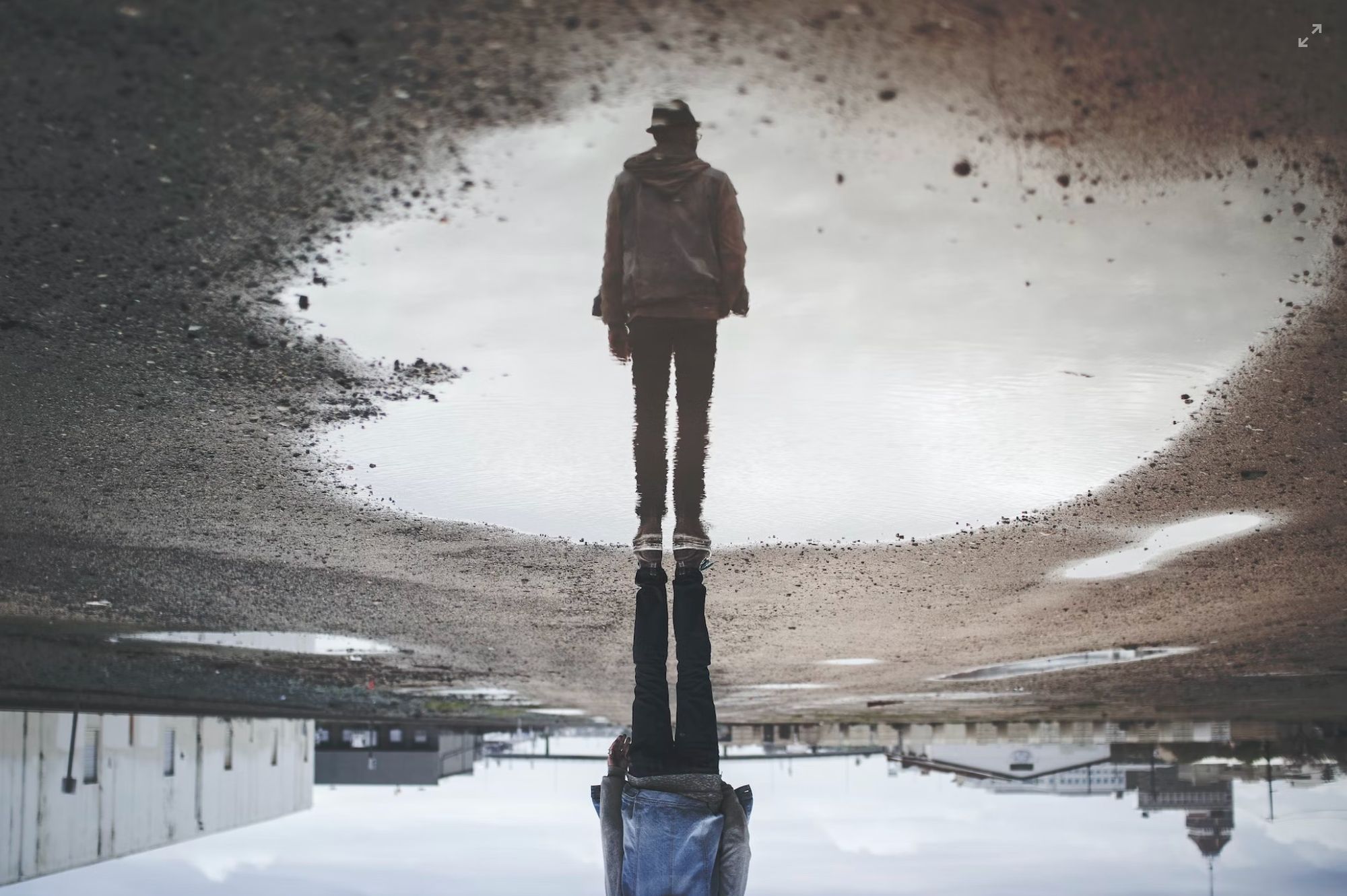By Carol S. Lee, Ph.D., Nevada State College
Think back to the last time that you were in a great mood. Maybe you got that job you wanted or were having a fun time with friends or family. Maybe your dog did something silly and adorable. Maybe it was a gorgeous, sunny day and the birds chirped nearby. How did those around you react? Did they try to change the way you felt? Did they awkwardly avoid eye contact with you? Or did they accept your happiness and smile back at you, laugh with you and compliment your smile?
Now think back to the last time that you were feeling quite sad. Maybe you lost a loved one, ended a meaningful relationship or had a rough day at work. Maybe it's been a hard few days. How did everyone react then? Did they accept your pain and sit with you? Compliment you for feeling your feelings? Or did they try to change the way you felt, tell you to cheer up or get over it, avoid you or pretend that you weren't feeling sad?
Often, feeling and expressing happiness is rewarded with positive attention, increased social support and approval. In contrast, feeling and expressing sadness is many times punished through avoidance, rejection and disapproval.
If we can accept the emotion of happiness without trying to change it, why can't we accept the emotion of sadness in the same way? Don't we actually need more support when we're feeling sad?

One reason for this discrepancy may be that Western societies view happiness as being healthy, desirable and something to pursue. Inversely, they tend to devalue other emotions, like sadness, fear or anger, considering them unwanted, feelings to be eliminated. In other words, although all emotions are a natural part of the human experience, we've learned to believe that happiness is good, sadness is bad.
Paradoxically, studies indicate that when we are pressured to feel happy, we actually feel less happy. Pressure to stuff difficult emotions is correlated with higher levels of loneliness and negative self-image. To further examine the effect of social pressure not to feel sad, researchers at the University of Melbourne, University of Amsterdam and University of Leuven conducted a study on 112 adults with elevated scores on a depression assessment. The results indicated that experiencing social pressure to cheer up predicted an increase in depressive symptoms. Participants felt more depressed because they thought they shouldn't feel sad. While the results can't be generalized, they still highlight the ironic effect that eagerly valuing happiness while rejecting sadness can have on us. So, try not to invalidate your own or others' emotions. Support and comfort those who need it, and you'll find that you feel better, too.
Read the original article here.
Understand the mental health landscape of Colorado each week. Get the Moodfuel Newsletter.


